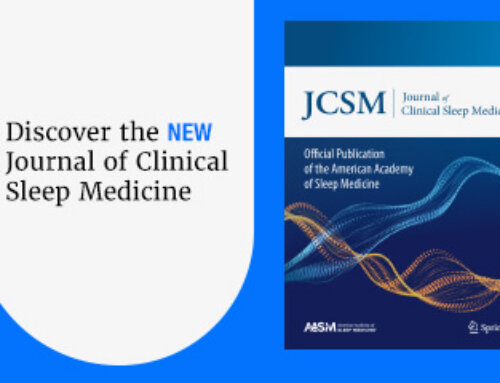On July 7, 2022, the Centers for Medicare & Medicaid Services (CMS) released the 2023 proposed rule summarizing proposed revisions to the Medicare physician fee schedule (PFS) and Quality Payment Program (QPP). AASM’s health policy team performed an analysis of the proposed rule and found that several of the proposed revisions will impact sleep medicine care and reimbursement. The AASM submitted a comment letter on behalf of all members. Key highlights are provided below.
Application of Budget Neutrality to Adjustment of RVUs
The proposed Medicare conversion factor for 2023 would potentially lead to an approximate 4.42% reduction in physician payment.
- AASM strongly opposes the proposed reduction and urges CMS to use its authority to delay this reduction in reimbursement and to maintain current physician payment rates.
- The convergence of conversion factor reductions and looming statutory cutbacks will create long-term financial instability and unpredictability in the Medicare physician payment system, jeopardizing high-quality patient care.
- AASM urges CMS to work with congressional leaders to postpone statutory cuts and establish a higher conversion factor for the 2023 calendar year.
Telehealth and Other Services Involving Communications Technology
- AASM believes that audio-only codes should continue to be available for providers to furnish mental health services but should not be limited to mental health services only.
- AASM urges CMS to continue including the audio-only codes on the telehealth list, permanently, for all services that do not require a physical exam and can be provided without the visual component.
- AASM strongly suggests that CMS consider reviewing the data collected throughout the COVID-19 public health emergency to support the permanent addition of these services to the telehealth list.
Other Non-Face-to-Face Services Involving Communications Technology under the PFS
- AASM continues to support making the flexibilities for direct supervision requirements during the public health emergency permanent, given the successes demonstrated throughout the public health emergency.
- AASM is advocating for the establishment of a modifier that could help identify services for which direct supervision through audio/visual telecommunications services may not be appropriate.
Non-Face-to-Face/Remote Therapeutic Monitoring Services
AASM continues to support the implementation of the remote physiologic monitoring (RPM) and remote therapeutic monitoring (RTM) codes so remote services can be provided to patients with sleep disorders, but AASM expressed concern about several implementation issues including the following:
- Limitations are being placed upon the code set. AASM encourages CMS to recognize the value of these codes being applied to multiple specialties and subspecialties, including sleep medicine.
- The omission of the new 989X6 implies that CMS will not allow behavioral therapy providers to bill work performed in support of CBT services.
Quality Payment Program Proposed Provisions
The AASM also commented on several proposed revisions to the Quality Payment Program. The AASM response focused on the following:
- Increasing performance thresholds for the 2023 calendar year
- Processes for developing and implementing MIPS Value Pathways (MVPs)
- Emphasizing the importance of input from subject matter experts, clinicians, and other valuable stakeholders in the development of future MVPs
Get additional information from the AASM about the CMS physician fee schedule. As CMS reviews all comments and prepares for publication of the final rule, AASM will continue to advocate for members to receive appropriate reimbursement for the delivery of high-quality care to patients with sleep disorders. Members may send questions about the proposed rule to coding@aasm.org.





